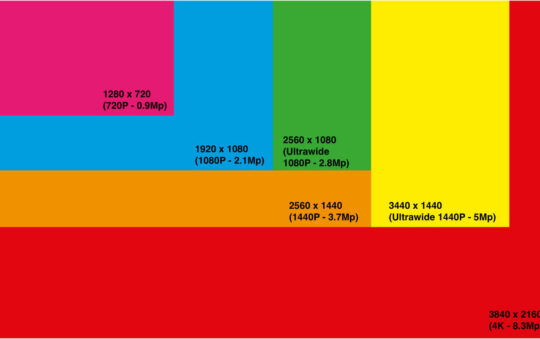DNS stands for Domain Name System. It’s basically a directory for the Internet that matches up domain names with IP address.
Every single website has its own IP address on the web, and computers can connect to other computers via the Internet and look up websites using their IP address.
You can visit any website by typing in its IP address into your browser’s address bar. But IP addresses are difficult for people to remember, so we use domain names instead.
The DNS is the Internet’s address book: it matches up those IP addresses to their respective domain names.
Whenever you type a domain name into your browser, it connects to your Internet service provider’s (ISP’s) DNS server to lookup the DNS record to find out which IP address it needs to connect to.
A DNS server is a server that runs special DNS software that looks up DNS records and performs other DNS services.
There are many DNS servers around the world, but the Internet runs using 13 root servers maintained by independent agencies such as IANA (Internet Assigned Numbers Authority), ICANN (Internet Corporation for Assigned Names and Numbers), the U.S. Army Research Lab, Verisign, and others.




